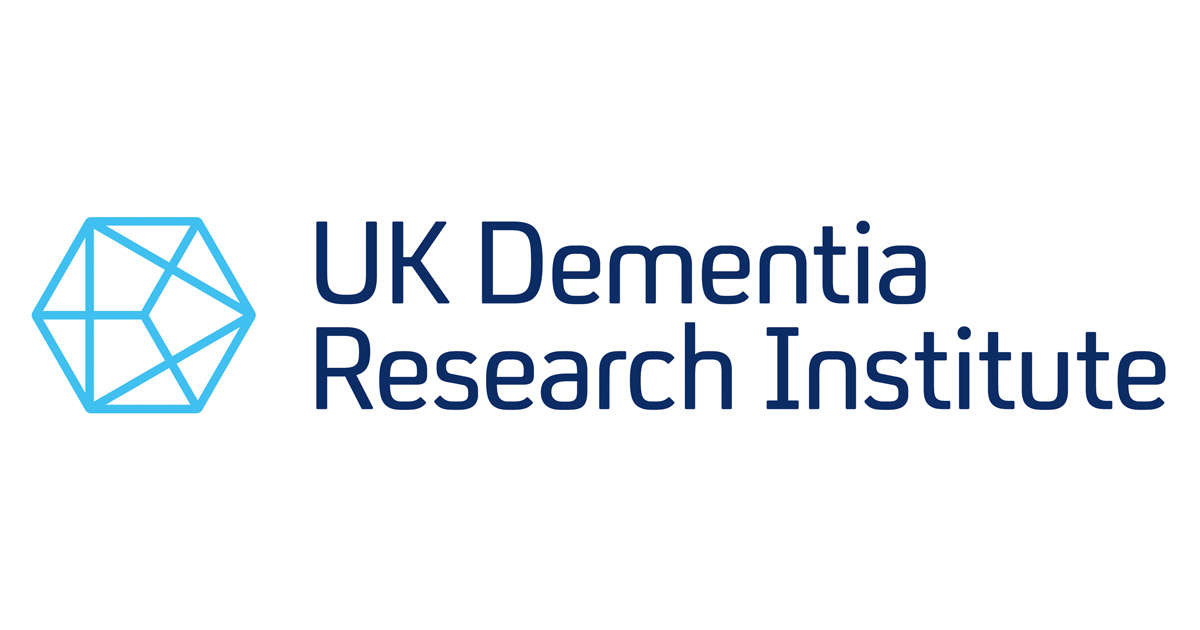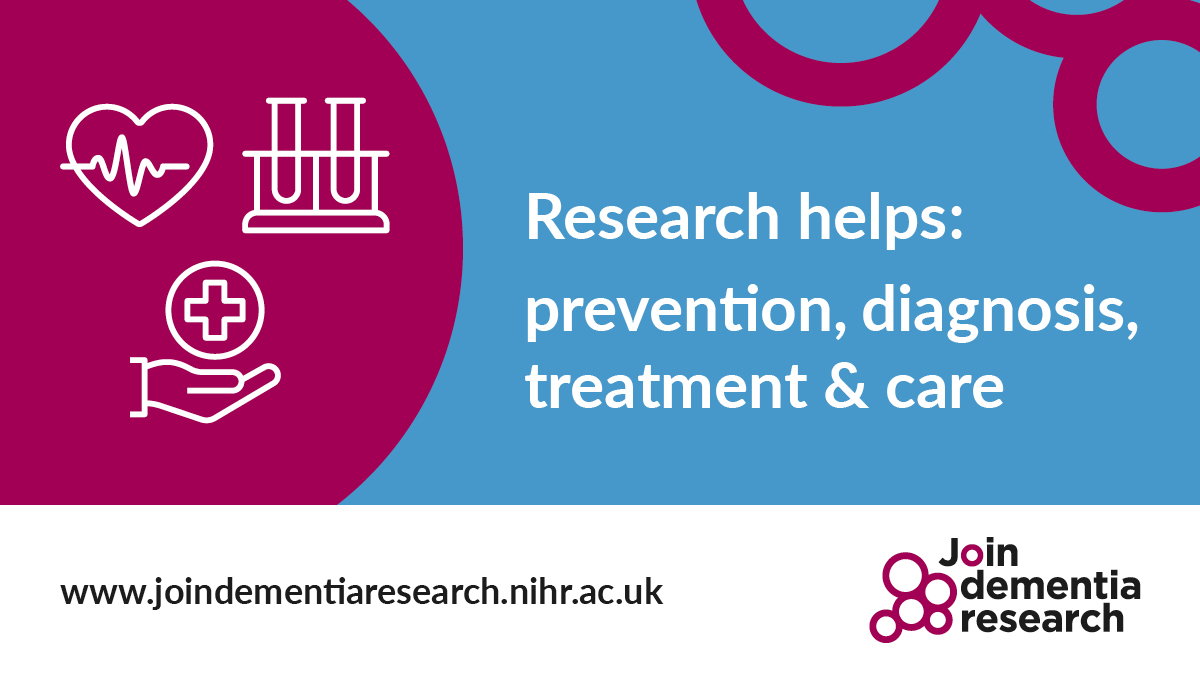
Recruitment to dementia trials lags behind other major health conditions
Published By Alzheimer's Research UK [English], Thu, Sep 1, 2022 12:00 AM
Official figures highlighted today reveal shockingly low participation in late-stage dementia trials compared to other major health conditions. This is despite there currently being no approved treatments in the UK that can slow or halt the progression of the diseases that cause dementia. According to Alzheimer’s Research UK, the situation illustrates the urgent need for leadership to prioritise investment in late-stage dementia research.
Just 61 participants were recruited to late-stage dementia drug trials supported by the NIHR Clinical Research Network in England last year – around 100 times fewer than for cancer, and around 10 times fewer than for either stroke or coronary heart disease1.
This is despite the growing number of potential dementia treatments in trials across the world, with twice as many disease-modifying treatments for dementia being studied in phase III trials than in 20142, and more than two-thirds of people in the UK reporting a willingness to get involved in dementia research3.
Releasing the figures to coincide with World Alzheimer’s Month, Alzheimer’s Research UK argues that there is a unique opportunity for the new Prime Minister to join up clinical research and dementia diagnoses in the NHS, leading to greater awareness from clinicians and people living with dementia of the opportunities to take part in research, and help attract more clinical trials to the UK.
Right now, fewer than two in five people diagnosed with dementia in England and Wales have a documented discussion about taking part in research4, while just 2% of people with dementia are registered with Join Dementia Research, the service which matches people to dementia studies in the UK.
At the same time the charity highlights that, with more than a third of people over 65 living with dementia undiagnosed in England5, current dementia services are not able to routinely offer the range of tests needed to make an accurate and early diagnosis. This means that for many people living with dementia, their condition is too advanced for them to be eligible for suitable research studies.
Samantha Benham-Hermetz, Director of Policy and Public Affairs at Alzheimer’s Research UK, said:
“Recruitment into late-stage dementia trials has been lagging behind cancer consistently since 2012. It’s vital that more people with dementia are offered the chance to take part in clinical trials, helping researchers to understand more about this devastating condition and potentially providing access to experimental new treatments that are only available through trials. “While recruiting people to clinical trials for Alzheimer’s is more challenging than for other diseases, it’s shocking that there are almost one million people living with dementia in the UK, yet only 61 individuals were recruited to late-stage drug trials in England last year1. At a time when we’re seeing almost 150 drugs in clinical trials for Alzheimer’s’ disease, we need investment and leadership across research and the NHS to make sure we have more people taking part in trials overall, and especially those from diverse backgrounds.”
There has been significant progress made in dementia research over the last decade, both in terms of investment and the establishment of world leading initiatives such as the UK Dementia Research Institute and Dementias Platform UK. Together, this has helped build an ecosystem that is ripe for the translation of scientific discoveries into new treatments.
However, Alzheimer’s Research UK warns that if the nation is to realise Government ambitions to be a ‘science superpower’ in the aftermath of the COVID-19 pandemic, it must do more to remain competitive against its European counterparts. Since 2020, the number of active phase III dementia drug trials has grown in Germany, France and Italy, but has consistently fallen in the UK. The number now stands at 25 – a figure which is matched by Spain6.
Josephine Morton was diagnosed with Primary Progressive Aphasia (PPA), a rare type of dementia that primarily affects speech and language, in 2011. Following her diagnosis, Josephine volunteered for research studies for several years, helping scientists better understand PPA and speed up the search for treatments. Her son, Will, is proud of his mum’s contribution to dementia research.
Will said:
“This disease has gradually destroyed my mum’s ability to communicate and to think. For someone so bright and with such a passion for language, education and debate, this has been very cruel. I’m proud that despite everything she’s been through, my mum has made a huge contribution to help protect future generations by volunteering for research studies. She has contributed through years of psychometric testing and scans, knowing that it may not help her, but that she’s hopefully helping others to avoid this disease in the future.”
The charity is now calling on the new Prime Minister to take five key steps to improve the speed and likelihood of finding treatments that will benefit people living with dementia in the UK.
Alzheimer’s Research UK is urging anyone who is interested in taking part in research, to register through Join Dementia Research online or by calling 0300 111 5 111.
Press release distributed by Media Pigeon on behalf of Alzheimer's Research UK, on Sep 1, 2022. For more information subscribe and follow






